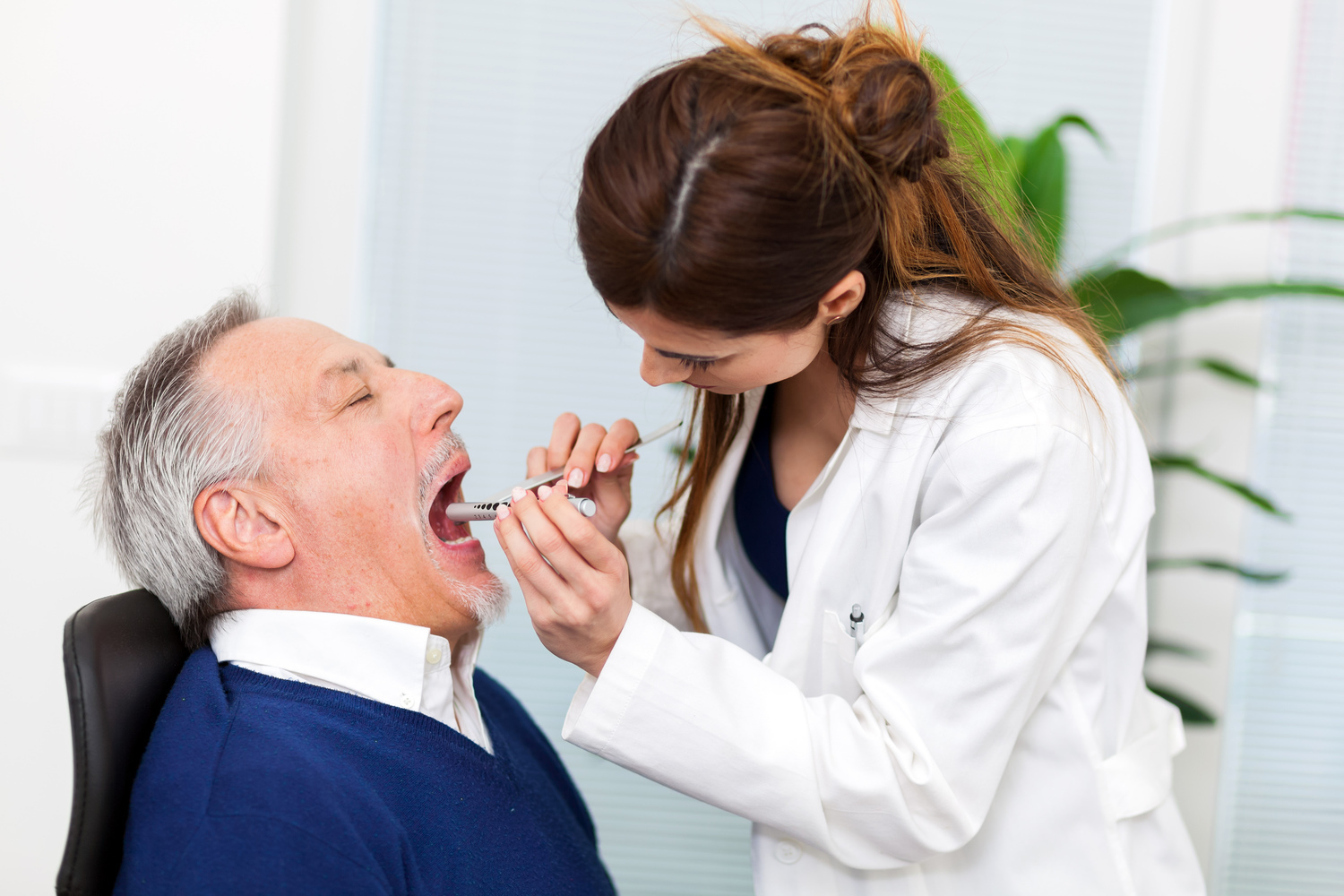Treatment Options For Tongue Cancer
Tongue cancer is one of several kinds of oral cancer. It forms in the front ⅔ s of the tongue. Cancer which forms in the back of the tongue is a different type of head and neck cancer, which is treated differently. Usually, tongue cancer develops in the squamous cells.
Similar to other cancers, tongue cancer occurs when cells divide uncontrollably and form a tumor (growth). It is less common than the other types of cancer and mostly adults suffer from it.

Below is some information about the treatment options for tongue cancer.
How is tongue cancer diagnosed?
- A specialist first takes the patients medical history to analyze tongue cancer.
- He or she may ask about the family or individual history of cancer, whether individual smokes or drinks and how much, and whether an individual has an HPV infection.
- After that, the doctor will complete a physical examination of the mouth to search for indications of growth, for example, unhealed ulcers.
- Additionally, the doctor will examine there is any swelling in the lymph nodes nearby.
- If the doctor sees any indications of tongue cancer, he or she may perform a biopsy of the area of the suspected growth.
- Most widely used type of biopsy is an incisional biopsy.
- The doctor will evacuate a little bit of the presumed malignancy in this sort of biopsy.
- This is generally done under local anesthesia in a hospital.
- Nowadays, a new updated version of the biopsy is used by doctors known as brush biopsy.
- In this biopsy, the doctor rolls a little brush over the zone of suspected growth.
- This causes minor draining and enables the specialist to gather cells for testing.
- Cells from either kind of biopsy are sent to a lab for examination.
- If one is suffering from tongue cancer, the specialist may complete a CT scan or MRI to understand the stage and the grade of cancer.
How is surgery used for the treatment of tongue cancer?
- When someone has tongue cancer that hasn’t developed a lot, then the surgical treatment is the best option for them.
- In this type of treatment, a surgical removal of the primary tumor can be done.
- If the tumor spreads to the lymph nodes in the neck, then this means it is a large tumor.
- This type of tumor can be treated by the removal of affected lymph nodes in the neck.
- After the surgery of small tumors, a small mark can be seen.
- But the surgery of large tumors may affect the speech and swallowing process.
What is radiation therapy treatment?
- Radiation therapy is the treatment that includes power balanced radiation treatment that prevents the cancerous cells from multiplying and moderates the development of the tumor.
- Additionally, radiotherapy destroys the cancerous cells and can contract or kill the tumor.
- Power tweaked radiation treatment permits the utilization of more compelling radiation dosages with fewer side effects than ordinary radiotherapy systems.
- Radiation therapy treatment includes about a month and a half of daily medicines.
What is chemotherapy treatment for tongue cancer?
- Chemotherapy is frequently combined with radiation treatment to utilize medications to destroy the cancerous cells.
- This might be an alternative if the disease has spread to nearby lymph nodes.
- Different chemotherapy medications might be combined to kill cancerous cells at different phases of their development cycles and reduce the shot of resistance of medicines.
- Chemotherapy is recommended for various reasons like after a surgery for cancer to diminish the danger of the disease returning and to moderate the development of a tumor and control the symptoms when the growth can’t be restored.
How to prevent tongue cancer from developing?
There are various tips to prevent the risks of getting tongue cancer, these are:
- Quit smoking.
- Avoid chewing tobacco products.
- Limit or completely avoid intake of alcohol
- Develop a habit of eating healthy food, including fruits and green leafy vegetables.
- Practice oral and dental hygiene
- Follow a proper course of the HPV vaccine















